|
Today is the 250th anniversary of the beginning of the American Revolutionary War. It was a war fought over eight years to free American colonists from their overlord King George III, who threatened their civil liberties and freedoms through repressive policies. In recognition of this historic anniversary I am reposting a blog that I wrote after a visit to Concord and Lexington Massachusetts two years ago. The title of the blog was The Shot Heard Round The World. The “Concord Hymn” by Ralph Waldo Emerson was written for the dedication of the Battle Monument on July 4, 1837 in Concord, Massachusetts. It commemorated the Battle of Concord which took place at the North Bridge at the outbreak of the American Revolution. By the rude bridge that arched the flood, Their flag to April’s breeze unfurled, Here once the embattled farmers stood And fired the shot heard round the world. The foe long since in silence slept; Alike the conqueror silent sleeps; And Time the ruined bridge has swept Down the dark stream which seaward creeps. On this green bank, by this soft stream, We set today a votive stone; That memory may their deed redeem, When, like our sires, our sons are gone. Spirit, that made those heroes dare To die, and leave their children free, Bid Time and Nature gently spare The shaft we raise to them and thee. While visiting relatives in New England last month I had the opportunity to spend time in the towns of Concord and Lexington in Massachusetts. These towns witnessed the opening salvos of the Revolutionary War nearly 250 years ago. On the morning of April 19, 1775 hundreds of British soldiers left Boston and marched toward Concord to capture and destroy stockpiles of gunpowder and military supplies stored by the local militia. Along the way the British soldiers confronted seventy-seven militia men waiting for them on Lexington Green. No one is sure who fired the first shot, but within minutes eight colonial militia men were killed and several more were wounded. The British suffered only one minor casualty and soon resumed their march to Concord. Once in Concord, British soldiers searched homes and barns for military supplies, and burned all that they found. Thinking that the soldiers had set their town on fire, the local militia confronted the British soldiers at the North Bridge. The soldiers fired upon the militia, killing two men and injuring several more. A militia officer ordered his men to return fire and two British soldiers were killed. This was an act of treason against the British government and the spark that ignited the American Revolutionary War. At the Minute Man National Historical Park I joined a guided walk along the Battle Road Trail, part of the colonial Bay Road where several battles and skirmishes took place on that fateful day in 1775. As we walked along the woodland path lined with maple, oak and beech trees alight in their colorful autumn splendor, it has hard to imagine the enormity of the events that had taken place here. Walking along Battle Road that day, I couldn’t stop thinking about the bravery of the local men who confronted the world's mightiest army. Pushed to the extreme, these citizen soldiers knew no other way to preserve the liberties and freedoms that they cherished. The local militias in Concord, Lexington, and surrounding communities had effectively repelled professional soldiers of an overseas king. There was no going back. Colonial Militias: In colonial times a militia represented a military force raised from the civilian population, for the common defense of the community. Militias were distinct from professional soldiers, and were generally organized around towns, regions, or colonies. Members of Massachusetts militias were required to possess and be skilled in the use of a musket, powder, and shot. Local militia units from all of the thirteen original colonies were the backbone of George Washington’s army during the Revolutionary War. The “Militia Act of 1792” stipulated that the militia would consist of each and every able-bodied white male citizen of the respective States, who is at least 18 years of age and under the age of 45. At the start of our new republic, the founding fathers feared that a standing army could be used to suppress the liberties of the citizens, and therefore opposed the formation of one. But they needed to provide for the common defense, and saw the state and local militias as a necessary compromise. It should therefore be no surprise that armed militias were enshrined in the U.S. Constitution. Nearly 250 years after Americans freed themselves from a tyrannical king, the citizens of our country are once again rising up in opposition to the regime in power. People across the country are joining protests to oppose a president who is trampling on civil liberties enshrined in our Constitution. We are witnessing the erosion of the rule of law and the right to due process under the law. Freedom of the press, free speech, and the rights of private institutions are being suppressed. The checks and balances built into the Constitution are not stopping the power grab by the Trump regime whose stated goal is to build the presidency into an all powerful executive. This smells of tyranny, and is what the brave patriots fought against 250 years ago. It is up to the people to prevent autocracy from once again talking hold of our great country. We threw out a king to build the freedoms we enjoy today. There are no king's in America and we all have a responsibility to see to it that we never do. If you enjoy reading this type of commentary, please subscribe to my blog and tell a friend. You will receive an email notification when new blogs are posted. The email will come from the site’s email: armchairamerican1776 American @gmail.com.
Thanks, Armchair American
1 Comment
Joan Nibert
4/23/2025 11:17:00 pm
Thanks for the history lesson. I am so grateful for the courage of the colonial militia. I couldn't help but notice that there was no mention of militia who had bone spurs.
Reply
Leave a Reply. |
AuthorThe Armchair American. Archives
November 2024
Categories
All
|
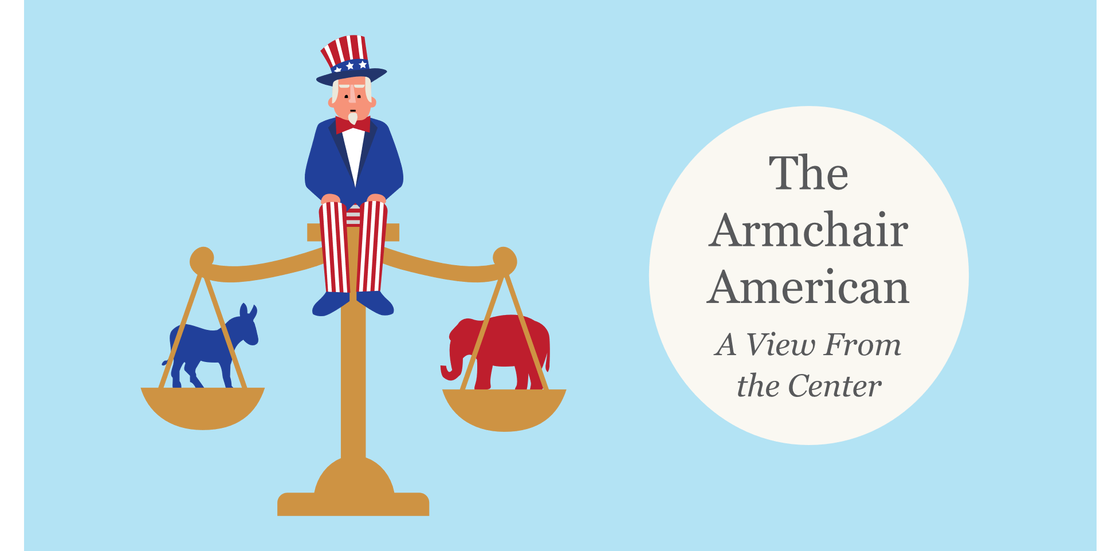
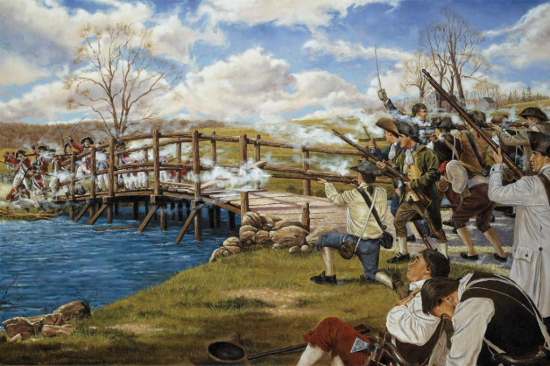
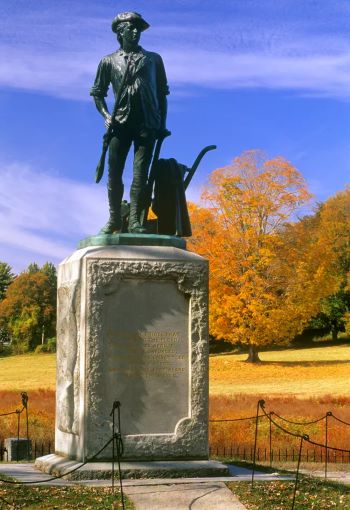
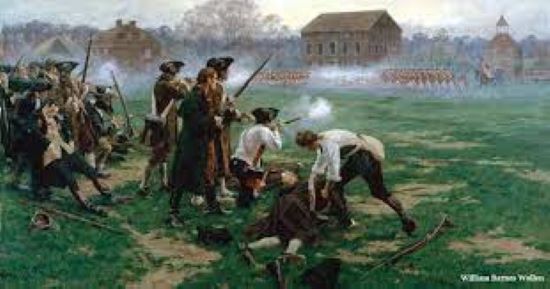
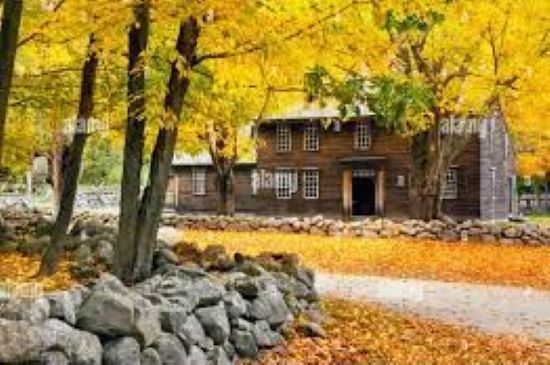

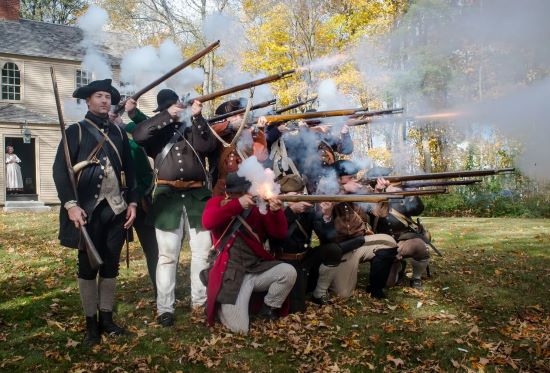
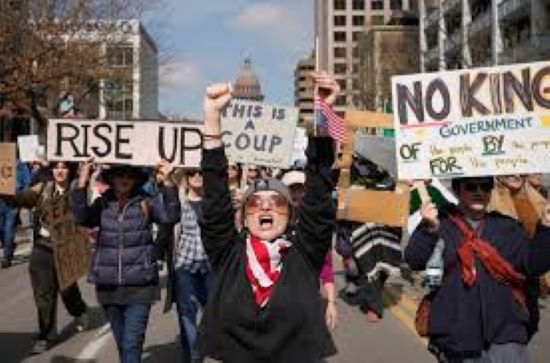
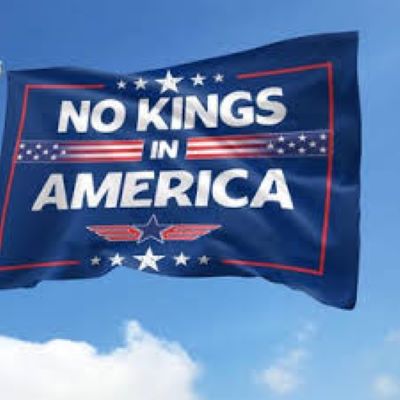

 RSS Feed
RSS Feed